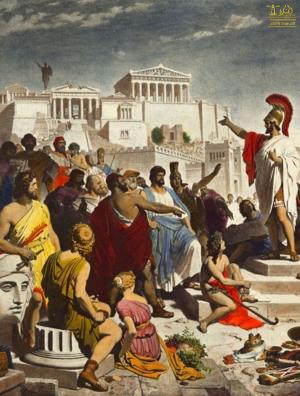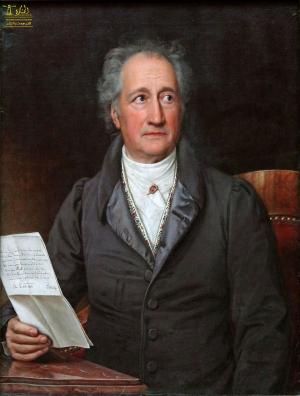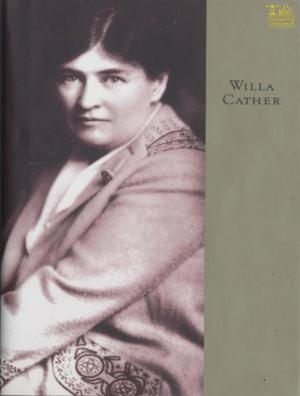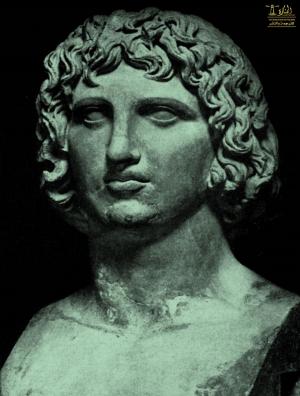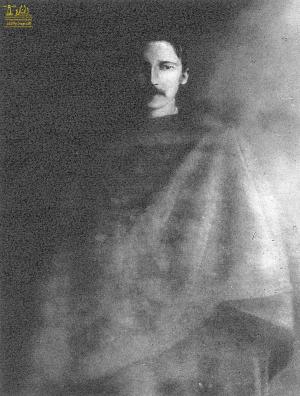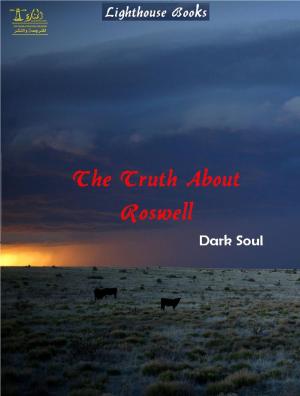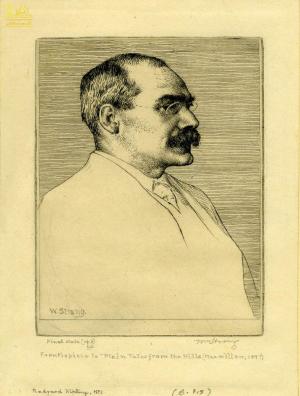Venus and Adonis
Fiction & Literature, Drama, British & Irish, Poetry, Nonfiction, Entertainment, Anthologies| Author: | William Shakespeare | ISBN: | 9780599462618 |
| Publisher: | Lighthouse Books for Translation Publishing | Publication: | June 5, 2019 |
| Imprint: | Lighthouse Books for Translation and Publishing | Language: | English |
| Author: | William Shakespeare |
| ISBN: | 9780599462618 |
| Publisher: | Lighthouse Books for Translation Publishing |
| Publication: | June 5, 2019 |
| Imprint: | Lighthouse Books for Translation and Publishing |
| Language: | English |
Venus and Adonis is a narrative poem by William Shakespeare published in 1593. It is probably Shakespeare's first publication. The poem tells the story of Venus, the goddess of Love; of her unrequited love; and of her attempted seduction of Adonis, an extremely handsome young man, who would rather go hunting.
William Shakespeare, Shakespeare also spelled Shakspere, byname Bard of Avon or Swan of Avon, (baptized April 26, 1564, Stratford-upon-Avon, Warwickshire, England—died April 23, 1616, Stratford-upon-Avon), English poet, dramatist, and actor, often called the English national poet and considered by many to be the greatest dramatist of all time.
Shakespeare occupies a position unique in world literature. Other poets, such as Homer and Dante, and novelists, such as Leo Tolstoy and Charles Dickens, have transcended national barriers; but no writer’s living reputation can compare to that of Shakespeare, whose plays, written in the late 16th and early 17th centuries for a small repertory theatre, are now performed and read more often and in more countries than ever before. The prophecy of his great contemporary, the poet and dramatist Ben Jonson, that Shakespeare “was not of an age, but for all time,” has been fulfilled.
Shakespeare was a long time coming to his tragic phase, the six or seven years that produced his five greatest tragedies—Hamlet.
It may be audacious even to attempt a definition of his greatness, but it is not so difficult to describe the gifts that enabled him to create imaginative visions of pathos and mirth that, whether read or witnessed in the theatre, fill the mind and linger there. He is a writer of great intellectual rapidity, perceptiveness, and poetic power. Other writers have had these qualities, but with Shakespeare the keenness of mind was applied not to abstruse or remote subjects but to human beings and their complete range of emotions and conflicts. Other writers have applied their keenness of mind in this way, but Shakespeare is astonishingly clever with words and images, so that his mental energy, when applied to intelligible human situations, finds full and memorable expression, convincing and imaginatively stimulating. As if this were not enough, the art form into which his creative energies went was not remote and bookish but involved the vivid stage impersonation of human beings, commanding sympathy and inviting vicarious participation. Thus, Shakespeare’s merits can survive translation into other languages and into cultures remote from that of Elizabethan England.
Although the amount of factual knowledge available about Shakespeare is surprisingly large for one of his station in life, many find it a little disappointing, for it is mostly gleaned from documents of an official character. Dates of baptisms, marriages, deaths, and burials; wills, conveyances, legal processes, and payments by the court—these are the dusty details. There are, however, many contemporary allusions to him as a writer, and these add a reasonable amount of flesh and blood to the biographical skeleton.
For a chronological listing of Shakespeare’s plays, see below. Despite much scholarly argument, it is often impossible to date a given play precisely. But there is a general consensus, especially for plays written in 1588–1601, in 1605–07, and from 1609 onward. The dates of composition used here are based on external and internal evidence, on general stylistic and thematic considerations, and on the observation that an output of no more than two plays a year seems to have been established in those periods when dating is rather clearer than others.
Venus and Adonis is a narrative poem by William Shakespeare published in 1593. It is probably Shakespeare's first publication. The poem tells the story of Venus, the goddess of Love; of her unrequited love; and of her attempted seduction of Adonis, an extremely handsome young man, who would rather go hunting.
William Shakespeare, Shakespeare also spelled Shakspere, byname Bard of Avon or Swan of Avon, (baptized April 26, 1564, Stratford-upon-Avon, Warwickshire, England—died April 23, 1616, Stratford-upon-Avon), English poet, dramatist, and actor, often called the English national poet and considered by many to be the greatest dramatist of all time.
Shakespeare occupies a position unique in world literature. Other poets, such as Homer and Dante, and novelists, such as Leo Tolstoy and Charles Dickens, have transcended national barriers; but no writer’s living reputation can compare to that of Shakespeare, whose plays, written in the late 16th and early 17th centuries for a small repertory theatre, are now performed and read more often and in more countries than ever before. The prophecy of his great contemporary, the poet and dramatist Ben Jonson, that Shakespeare “was not of an age, but for all time,” has been fulfilled.
Shakespeare was a long time coming to his tragic phase, the six or seven years that produced his five greatest tragedies—Hamlet.
It may be audacious even to attempt a definition of his greatness, but it is not so difficult to describe the gifts that enabled him to create imaginative visions of pathos and mirth that, whether read or witnessed in the theatre, fill the mind and linger there. He is a writer of great intellectual rapidity, perceptiveness, and poetic power. Other writers have had these qualities, but with Shakespeare the keenness of mind was applied not to abstruse or remote subjects but to human beings and their complete range of emotions and conflicts. Other writers have applied their keenness of mind in this way, but Shakespeare is astonishingly clever with words and images, so that his mental energy, when applied to intelligible human situations, finds full and memorable expression, convincing and imaginatively stimulating. As if this were not enough, the art form into which his creative energies went was not remote and bookish but involved the vivid stage impersonation of human beings, commanding sympathy and inviting vicarious participation. Thus, Shakespeare’s merits can survive translation into other languages and into cultures remote from that of Elizabethan England.
Although the amount of factual knowledge available about Shakespeare is surprisingly large for one of his station in life, many find it a little disappointing, for it is mostly gleaned from documents of an official character. Dates of baptisms, marriages, deaths, and burials; wills, conveyances, legal processes, and payments by the court—these are the dusty details. There are, however, many contemporary allusions to him as a writer, and these add a reasonable amount of flesh and blood to the biographical skeleton.
For a chronological listing of Shakespeare’s plays, see below. Despite much scholarly argument, it is often impossible to date a given play precisely. But there is a general consensus, especially for plays written in 1588–1601, in 1605–07, and from 1609 onward. The dates of composition used here are based on external and internal evidence, on general stylistic and thematic considerations, and on the observation that an output of no more than two plays a year seems to have been established in those periods when dating is rather clearer than others.

